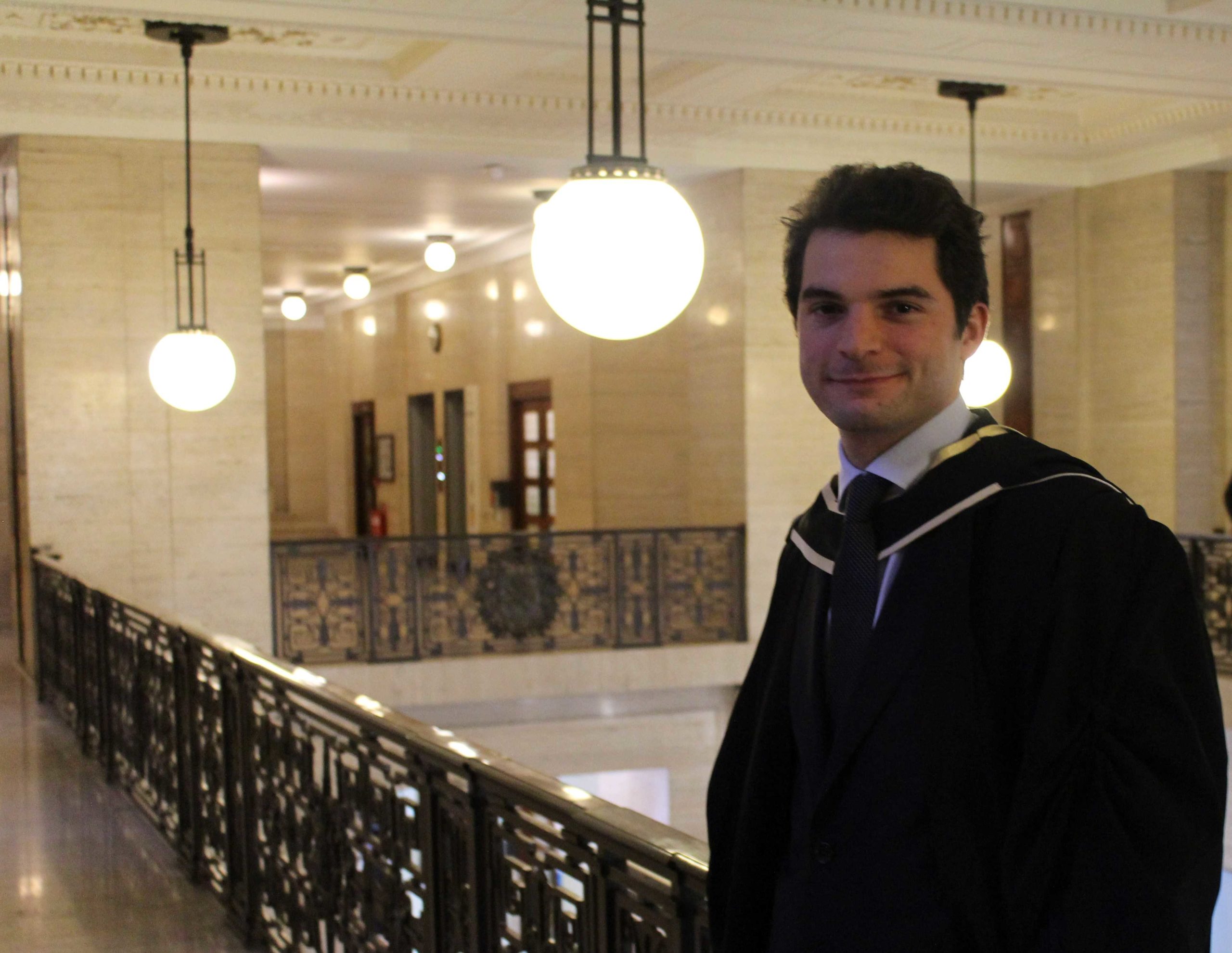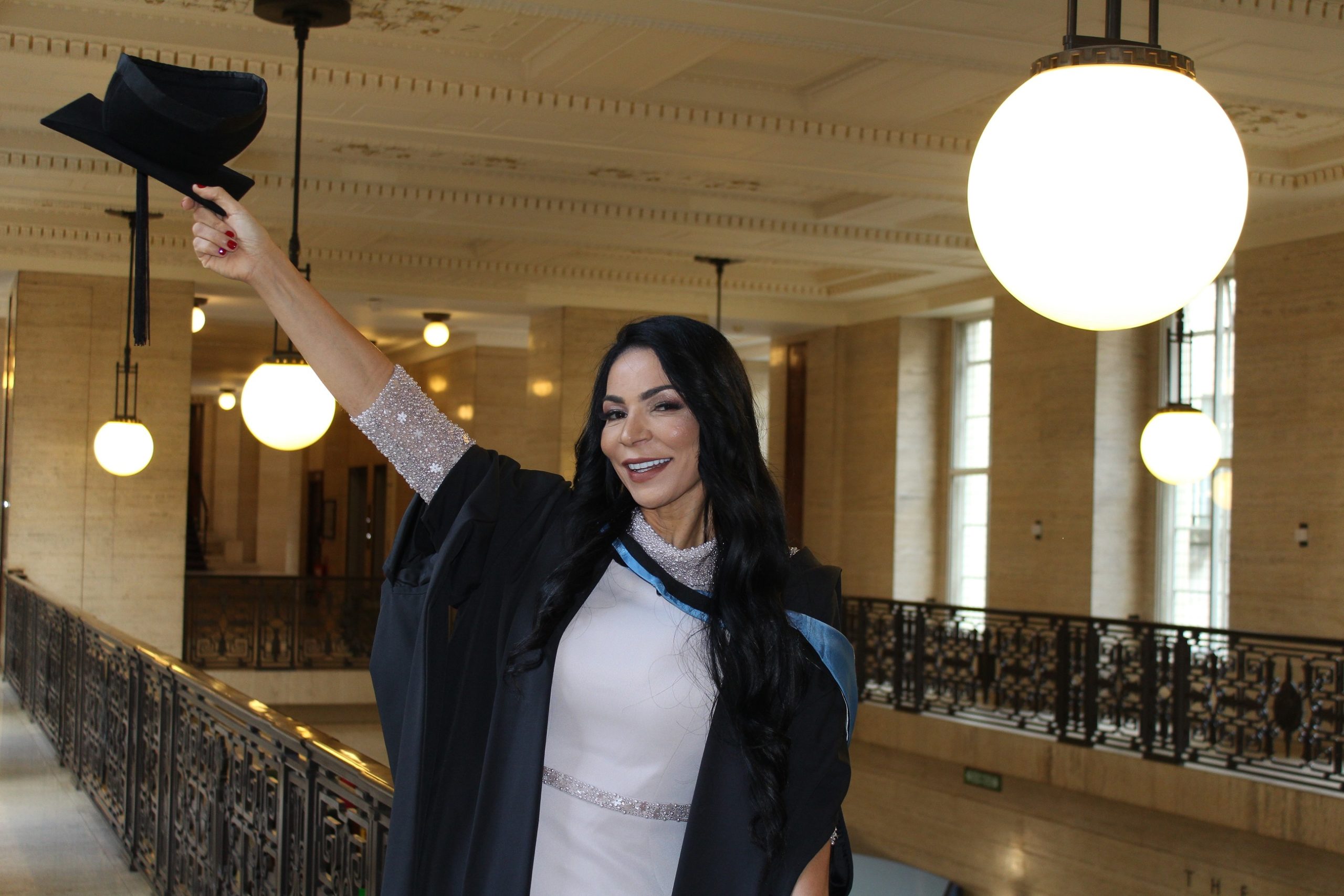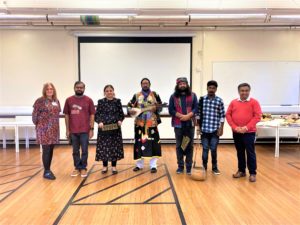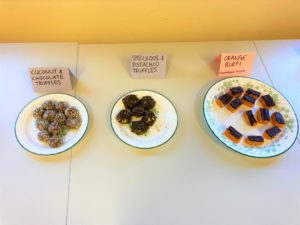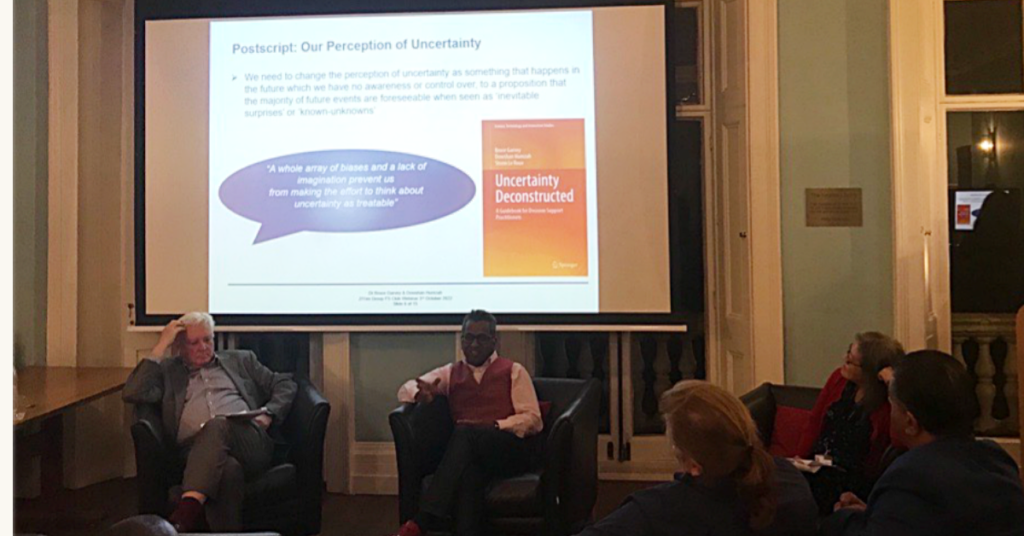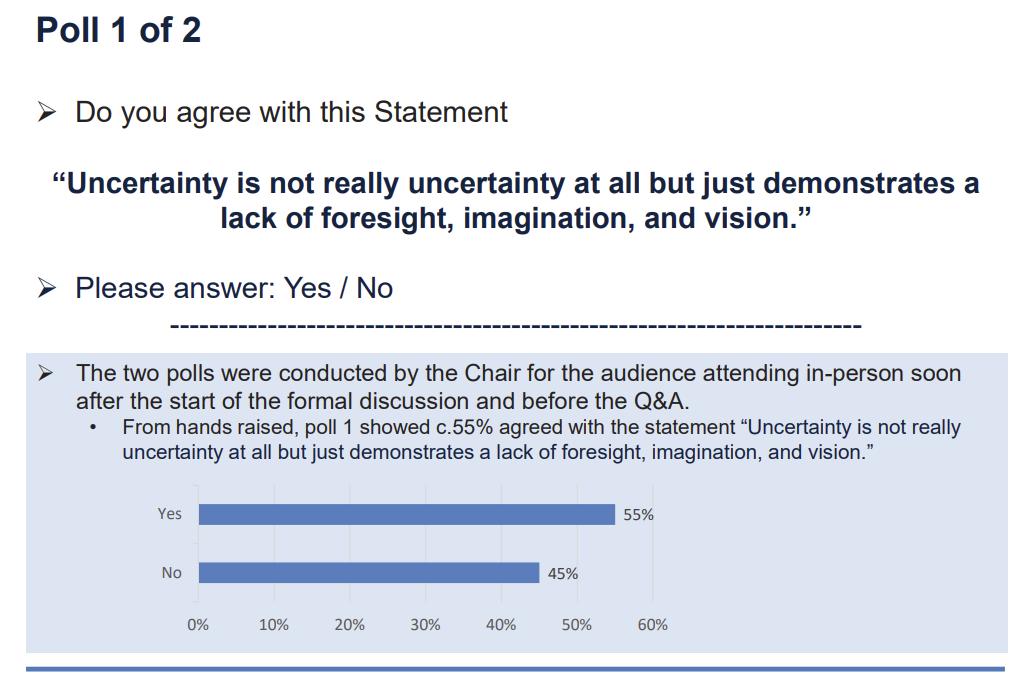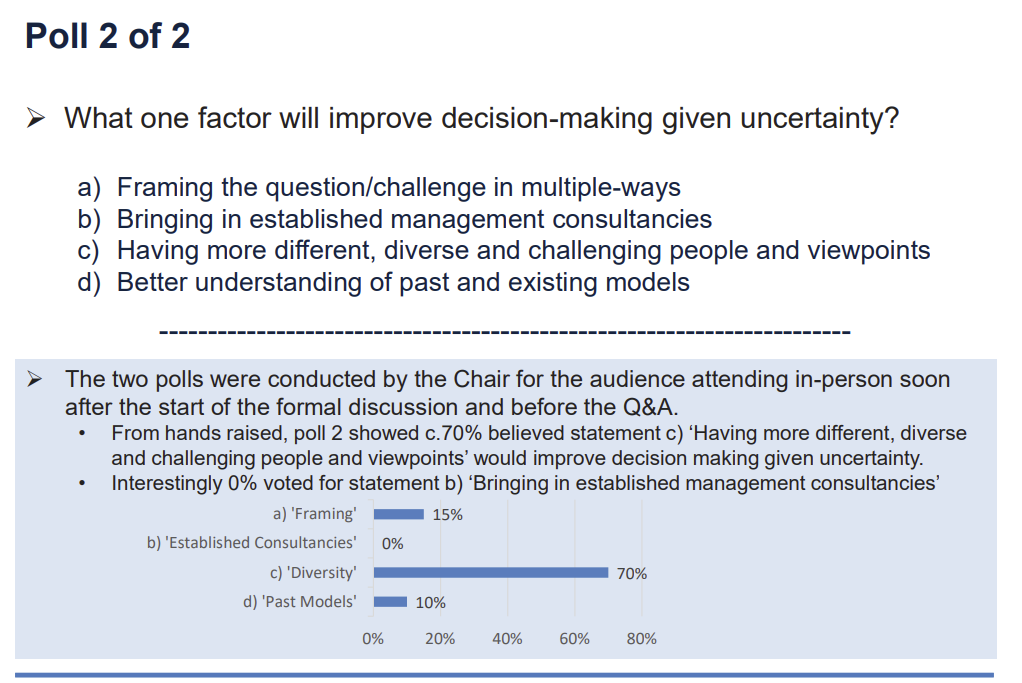Pere Gesti graduated from BSc Financial Economics this week. He came over from Barcelona, Spain, to study a Dual Degree, as part of an ongoing agreement between Birkbeck and Universitat Internacional de Catalunya (UIC) Barcelona.
The opportunity to study abroad came as a surprise
I was studying BBA Finance at UIC Barcelona and one afternoon my macroeconomics teacher mentioned that the university was partnering with Birkbeck to offer students on certain courses the chance to study part of their degree in London and asked if I was interested. Without much hesitation I decided to go for it, and three and a half years after studying in Barcelona, I moved to the UK to study financial economics for a year and a half with four other UIC students.
Moving to London was a huge change
I like how London is so diverse, with lots of cultures and job opportunities, but it wasn’t easy initially as I wasn’t used to being in such a big city. What was strange was that I hadn’t been in London long before the Covid-19 pandemic happened.
Working in the day helped me support myself financially
Studying in the evening worked well as I could work in a shoe shop in the day. I enjoyed attending lectures because I thought the teaching was amazing at Birkbeck – the financial markets module was my favourite.
Living in a student hall of residence meant I met a lot of people
It was great meeting students from Birkbeck and other universities, and the street next to our hall of residence was full of restaurants so we’d often go there to grab lunch or dinner together.
I secured a full-time job quickly after finishing studying
I stayed in London after completing my degree and easily secured a job in the city as a headhunter at an American global executive search and strategic consulting firm, specialising in financial services. I’m learning a lot and it’s interesting to be working with big firms and bankers. In fact, three out of the five students who came over to Birkbeck from Barcelona stayed after the degree to work in London.
In the future, I want to work in finance
My goal is to become an accountant or salesman in the future. I think it’s all about trying different roles and seeing what I like – it’s quite difficult to imagine what it’s like to work in a job until you’re in it.
I’ve been advising the next cohort coming to Birkbeck from UIC Barcelona
The next group of students have been messaging us asking about what things there are to do, and they are keen to hear our experiences. I’m very positive about my time at Birkbeck and I’d recommend it highly to anyone!
More information
